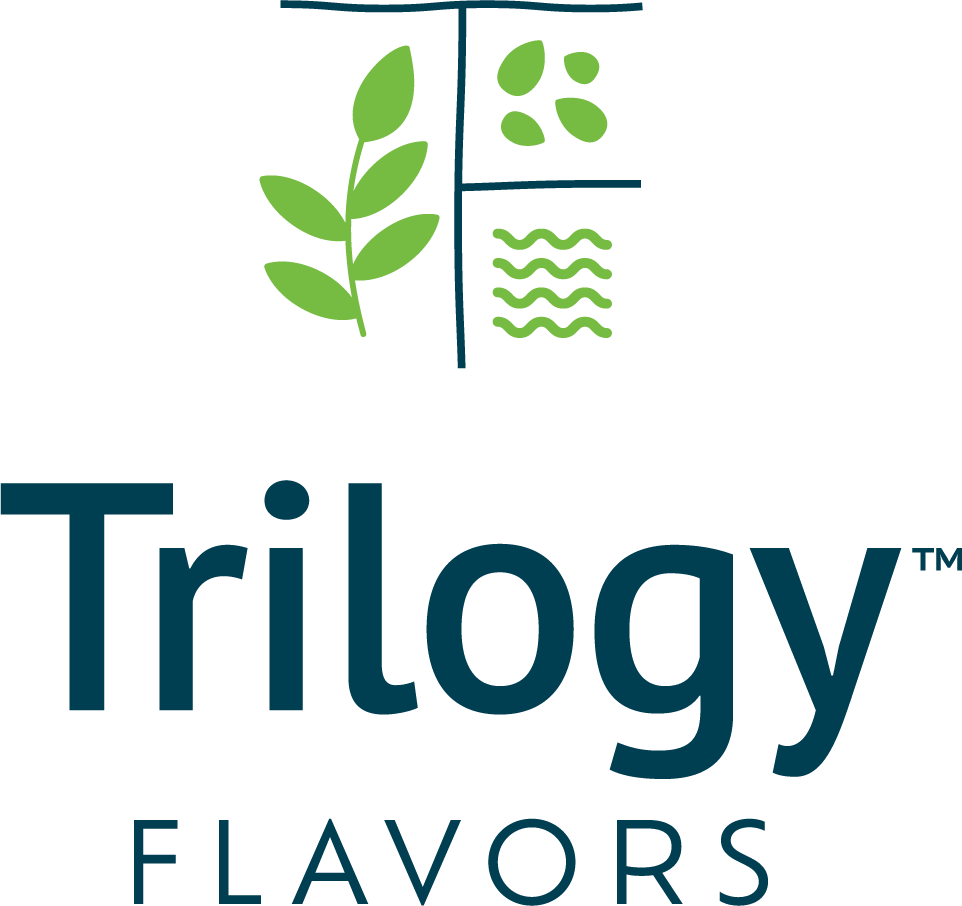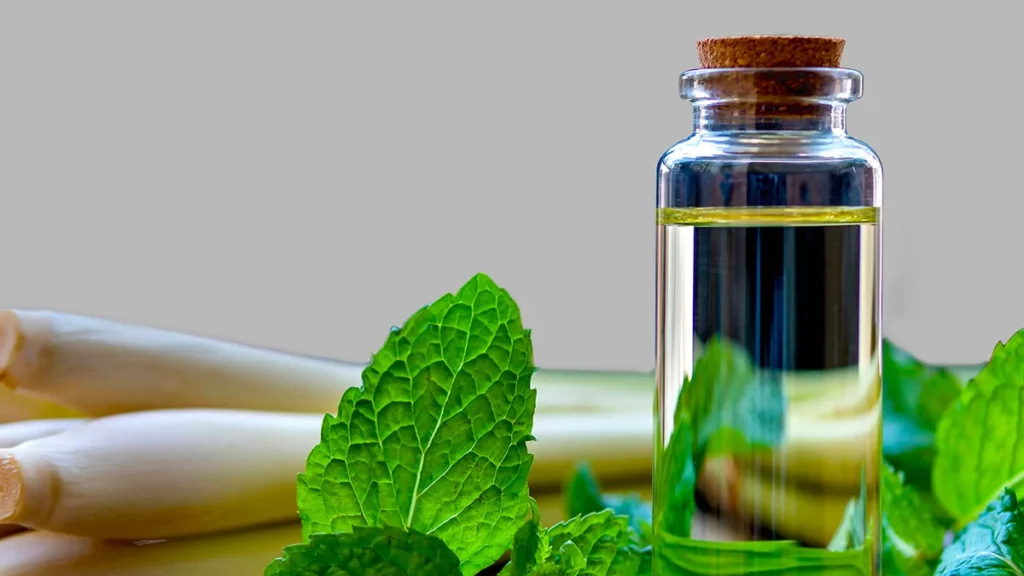Consumer preferences are evolving, and today’s shoppers are making choices that align with their values—especially when it comes to sustainability. Flavors that appeal to eco-conscious consumers are foods and beverages that are not only delicious but also ethically and environmentally responsible.
The demand for natural, sustainably sourced flavors has skyrocketed. From plant-based ingredients to upcycled flavor solutions, brands are rethinking their approach to taste to meet this growing demand.
At Trilogy Flavors, we understand that sustainability is more than just a trend—it’s a commitment to the future of food. Our team of expert flavor scientists specializes in crafting natural flavor formulations, enhancers, liquid seasonings, and reaction flavors that deliver exceptional taste while supporting environmentally friendly practices.
In this article, we elaborate on the flavors that appeal to eco-conscious consumers and how innovative, sustainable solutions are shaping the future of the food and beverage industry.

Eco-Conscious Consumers: What They Want
Today’s eco-conscious consumers are more informed and selective than ever, prioritizing products that align with their values. When it comes to food and beverages, they’re looking beyond just taste—they want clean-label, sustainably sourced, and ethically produced ingredients that support both personal health and the environment.
Some key factors driving their purchasing decisions include:
- Transparency and Ethical Sourcing – Eco-conscious consumers want to know where ingredients come from, how they’re produced, and their environmental impact. Brands that highlight responsible sourcing and fair-trade practices gain trust and loyalty.
- Minimal Processing and Natural Ingredients – Artificial additives and heavily processed flavors are falling out of favor. Instead, there’s a growing demand for natural flavor enhancers, botanical extracts, and plant-based ingredients.
- Upcycled and Waste-Reducing Ingredients – Sustainability-conscious shoppers appreciate innovative solutions that repurpose food byproducts—such as citrus peels for natural flavor extracts—helping to reduce waste in the production process.
- Plant-Based and Functional Flavors – As eco-conscious consumers embrace plant-based diets, they’re drawn to bold, natural flavors that enhance taste without relying on artificial additives. Functional ingredients, like fermented and antioxidant-rich flavors, are also gaining popularity.
With these shifting consumer priorities, food and beverage brands must adapt by incorporating eco-friendly flavor solutions that satisfy both the palate and the planet.
Additional Reading: How the Plant-Based Revolution is Shaping Flavor Development
Trending Sustainable Flavors
As the demand for eco-friendly food and beverages grows, certain flavor profiles are emerging as favorites among sustainability-conscious consumers. These trending flavors not only deliver on taste, but also align with environmental and ethical values.
1. Botanical and Floral Notes
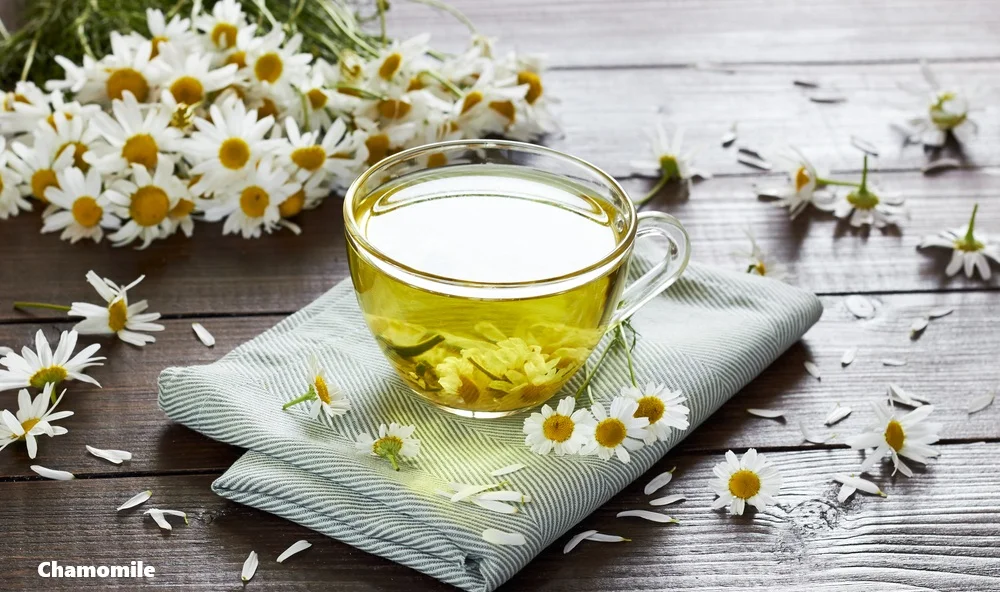
Sourced from natural herbs, flowers, and plants, botanical flavors bring a refreshing and sophisticated touch to beverages, snacks, and confections. Popular examples include:
- Lavender – A calming, floral flavor often used in teas, baked goods, and craft beverages.
- Hibiscus – A tart yet fruity ingredient rich in antioxidants, commonly found in herbal teas and fruit blends.
- Chamomile – Known for its soothing properties, chamomile is a favorite in relaxation-focused beverages.
2. Upcycled and Fermented Flavors

Upcycling food byproducts into flavors helps reduce waste while adding depth and complexity to taste profiles. Trending examples include:
- Citrus Peels – Extracted from fruit byproducts, they provide natural zest and brightness to beverages and seasonings.
- Miso and Kombucha – Fermented flavors that offer natural umami depth, perfect for savory sauces and dressings.
- Coffee Cherry (Cascara) – Made from the dried husks of coffee fruit, cascara delivers a subtly sweet, fruity taste for energy drinks and syrups.
3. Exotic but Sustainable Ingredients
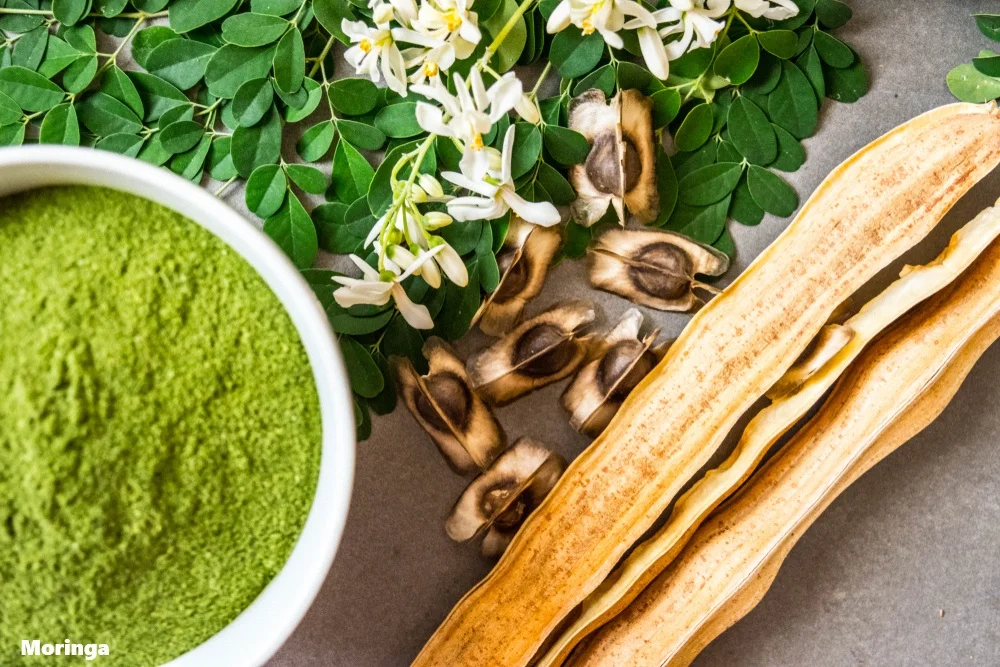
With growing interest in biodiversity and regenerative agriculture, lesser-known ingredients from sustainable sources are making their way into mainstream products:
- Baobab – A vitamin-rich superfruit with a slightly citrusy flavor, commonly used in juices and health drinks.
- Moringa – Packed with nutrients and a mild, earthy taste, moringa is a popular addition to plant-based nutrition products.
- Jackfruit – Known for its meaty texture and mild sweetness, jackfruit is used in plant-based alternatives and tropical desserts.
4. Plant-Based Umami Enhancers

Replacing artificial additives, plant-based umami flavors provide richness and depth to savory applications:
- Mushroom Extracts – A natural way to boost umami while supporting sustainable farming practices.
- Seaweed and Kelp – Known for their natural salinity and depth, they enhance plant-based broths and seasonings.
- Nutritional Yeast – A go-to ingredient for dairy-free cheese flavors and vegan-friendly seasonings.
These trending sustainable flavors are shaping the future of food and beverage innovation, offering eco-conscious consumers bold, natural tastes while promoting ethical and eco-friendly sourcing.
Additional Reading: What Does Organic Natural Flavors Mean?
Sustainable Sourcing and Processing of Flavors
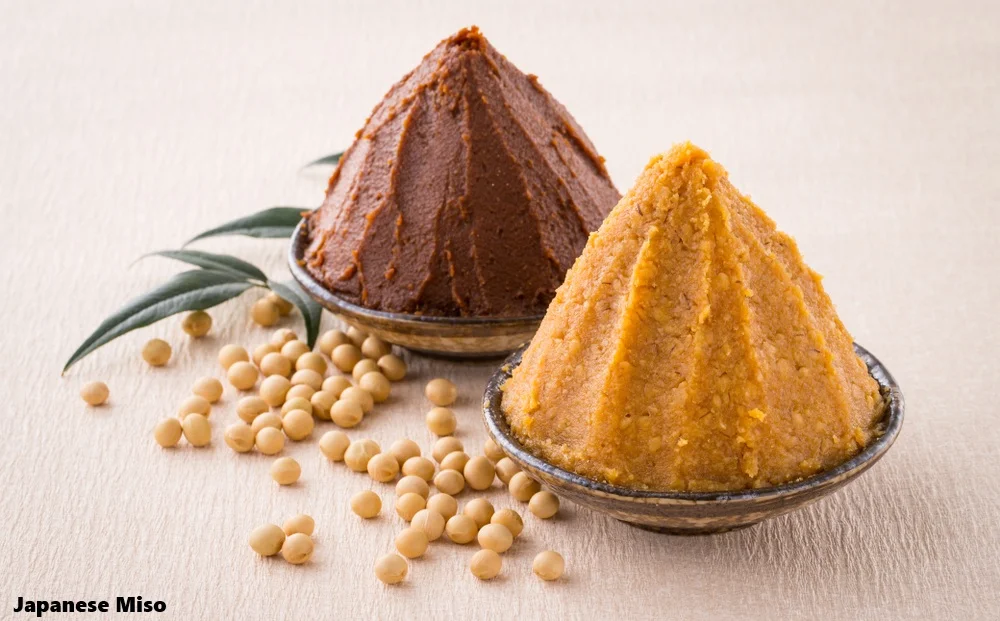
Sustainability in flavors goes beyond just the ingredients—it’s also about how they are sourced, processed, and incorporated into food and beverage products. Eco-conscious consumers expect brands to minimize their environmental footprint while maintaining high-quality taste experiences.
1. Responsibly Sourced Raw Materials
Sustainable flavor creation starts with ethical and environmentally friendly ingredient sourcing. This includes:
- Fair-trade practices that support farmers and communities.
- Regenerative agriculture techniques that restore soil health and biodiversity.
- Wild-harvested botanicals that ensure responsible foraging without harming ecosystems.
2. Eco-Friendly Processing Techniques
Innovations in natural flavor extraction and production allow for sustainable practices without compromising taste:
- Cold-pressed extraction preserves delicate flavor compounds while using less energy.
- Fermentation techniques naturally enhance and develop flavors without the need for artificial additives.
- Reaction flavors—expertly crafted by Trilogy Flavors—create deep, complex taste profiles using natural, sustainable ingredients instead of synthetic chemicals.
3. Liquid Seasonings & Natural Enhancers
Liquid seasonings and natural flavor enhancers play a crucial role in sustainability by:
- Reducing the need for excessive ingredients while maximizing flavor impact.
- Replacing artificial flavoring agents with clean-label, plant-based alternatives.
- Enhancing food shelf life naturally, helping to minimize food waste.
At Trilogy Flavors, we are committed to sustainable innovation, crafting flavors that balance authentic taste, eco-friendly sourcing, and responsible production. By focusing on green chemistry and natural formulation techniques, we help brands meet the growing demand for ethical, sustainable flavors that appeal to eco-conscious consumers.
The Role of Natural Flavor Enhancers in Reducing Waste

Sustainability isn’t just about choosing the right ingredients—it’s also about maximizing their potential to reduce waste. Natural flavor enhancers play a vital role in minimizing food waste, improving efficiency, and delivering exceptional taste with fewer resources.
1. Maximizing Flavor with Fewer Ingredients
Natural flavor boosters allow food and beverage manufacturers to achieve bold, well-rounded taste profiles without relying on excessive ingredients. This helps:
- Reduce the need for artificial additives while maintaining depth and complexity in flavors.
- Enhance the natural taste of plant-based products, making them more appealing to consumers.
- Lower production costs and environmental impact by simplifying ingredient lists.
2. Upcycled Ingredients for a Second Life
Upcycling is a powerful way to reduce food waste while extracting valuable flavors from overlooked sources. Some examples include:
- Citrus peel extracts – Once discarded, now used to add bright, zesty notes to beverages and seasonings.
- Vegetable scraps and spent grains – Transformed into natural umami boosters for soups, sauces, and snacks.
- Coffee fruit (cascara) and cacao pulp – Repurposed for natural sweetness in beverages and confections.
3. Extending Shelf Life Naturally
Natural flavor enhancers can also contribute to reducing food spoilage by:
- Using antioxidant-rich extracts (e.g., rosemary, green tea) to help preserve freshness.
- Incorporating fermentation-based flavors that naturally improve stability.
- Enhancing perception of freshness by intensifying natural flavors without artificial preservatives.
At Trilogy Flavors, we leverage nature’s best solutions to help brands develop flavors that are not only delicious but also resource-efficient. By embracing sustainable flavor innovation, manufacturers can cater to eco-conscious consumers while making a positive environmental impact.
The Future of Sustainable Flavors

As consumer awareness of sustainability continues to grow, the food and beverage industry must stay ahead of evolving expectations. The future of flavor innovation lies in eco-friendly ingredients, advanced processing techniques, and a commitment to ethical sourcing.
1. The Intersection of Technology and Sustainability
Advancements in food science are enabling brands to create bold, natural flavors with minimal environmental impact:
- AI-driven flavor formulation – Using data to develop sustainable, plant-based alternatives that replicate traditional flavors.
- Precision fermentation – Producing natural umami enhancers and dairy-free flavors without depleting resources.
- Biodegradable and edible flavor carriers – Reducing waste from traditional packaging.
2. Consumer Demand for Transparency and Ethical Production
Modern eco-conscious consumers want more than just sustainable ingredients—they expect full transparency in how flavors are made. This includes:
- Supply chain traceability, ensuring ethical and sustainable sourcing.
- Carbon footprint reduction, with brands adopting low-impact processing methods.
- Clean-label commitment, with no artificial ingredients or synthetic chemicals.
Additional Reading: Market trends — Clean Label
3. How Brands Can Stay Ahead
To thrive in the evolving food and beverage landscape, brands should:
- Integrate sustainable flavors into product development to align with consumer values.
- Collaborate with expert flavor innovators—like Trilogy Flavors—to craft eco-friendly formulations.
- Educate consumers on the environmental benefits of sustainable flavors through transparent labeling and marketing.
By embracing sustainable flavor solutions that appeal to eco-conscious consumers, food and beverage manufacturers can differentiate their products, build consumer trust, and contribute to a healthier planet.
Additional Reading: A Flavor Chemist’s Perspective – Plant-Based Challenges and Opportunities

Conclusion
The future of flavor is sustainable, and eco-conscious consumers are driving this transformation. By incorporating natural, responsibly sourced flavors, brands can create delicious, ethical, and environmentally friendly products that resonate with modern consumers.
At Trilogy Flavors, we specialize in developing clean-label, sustainable flavor solutions that enhance taste while supporting the planet. If you’re looking to create flavors that appeal to eco-conscious consumers and align with consumer demand, our team of expert flavor scientists is here to help.
